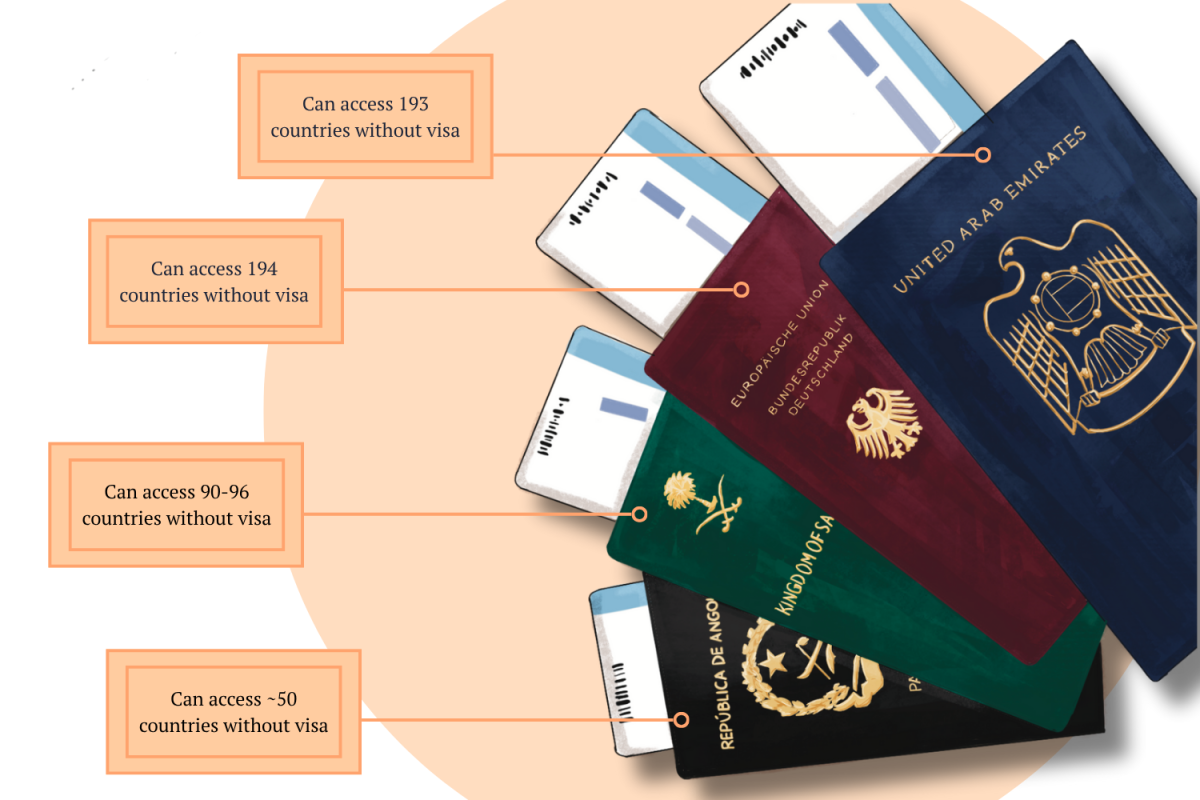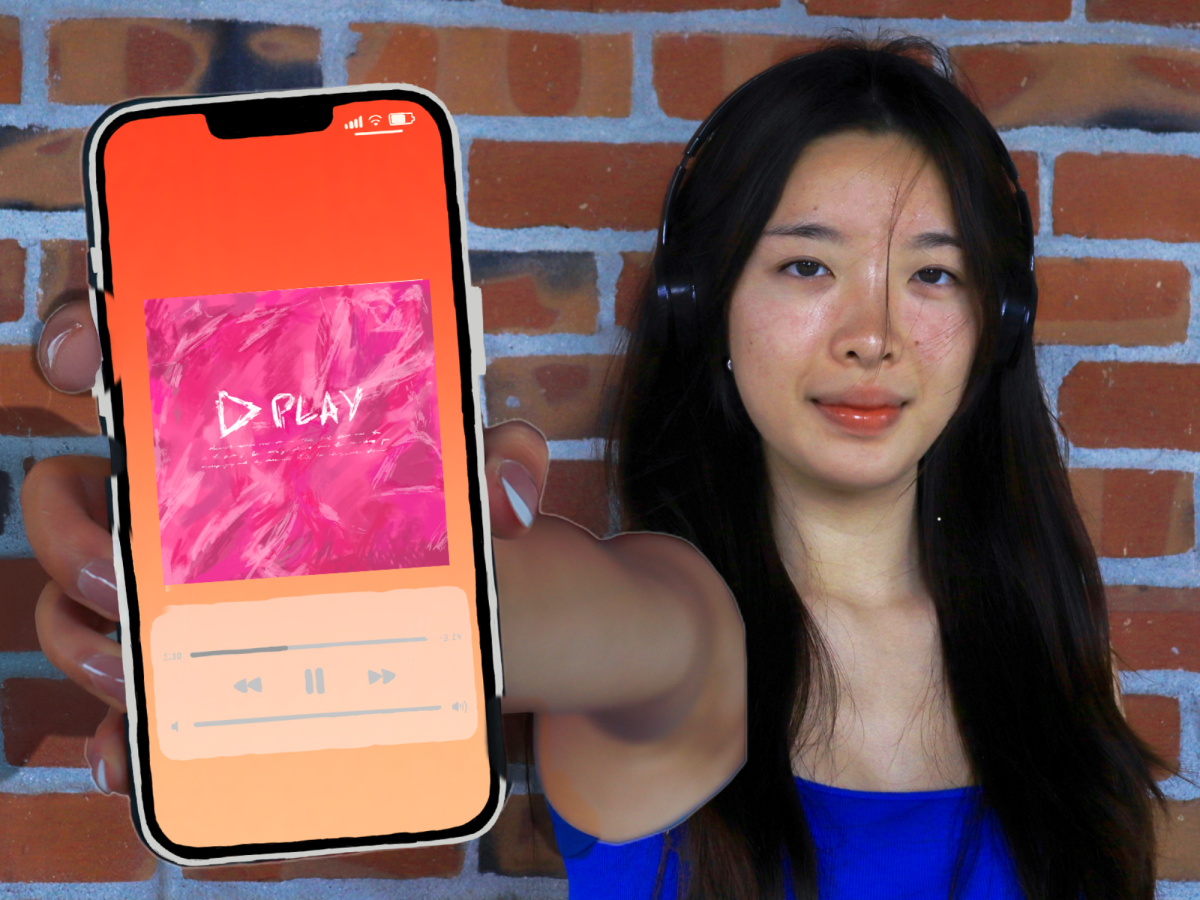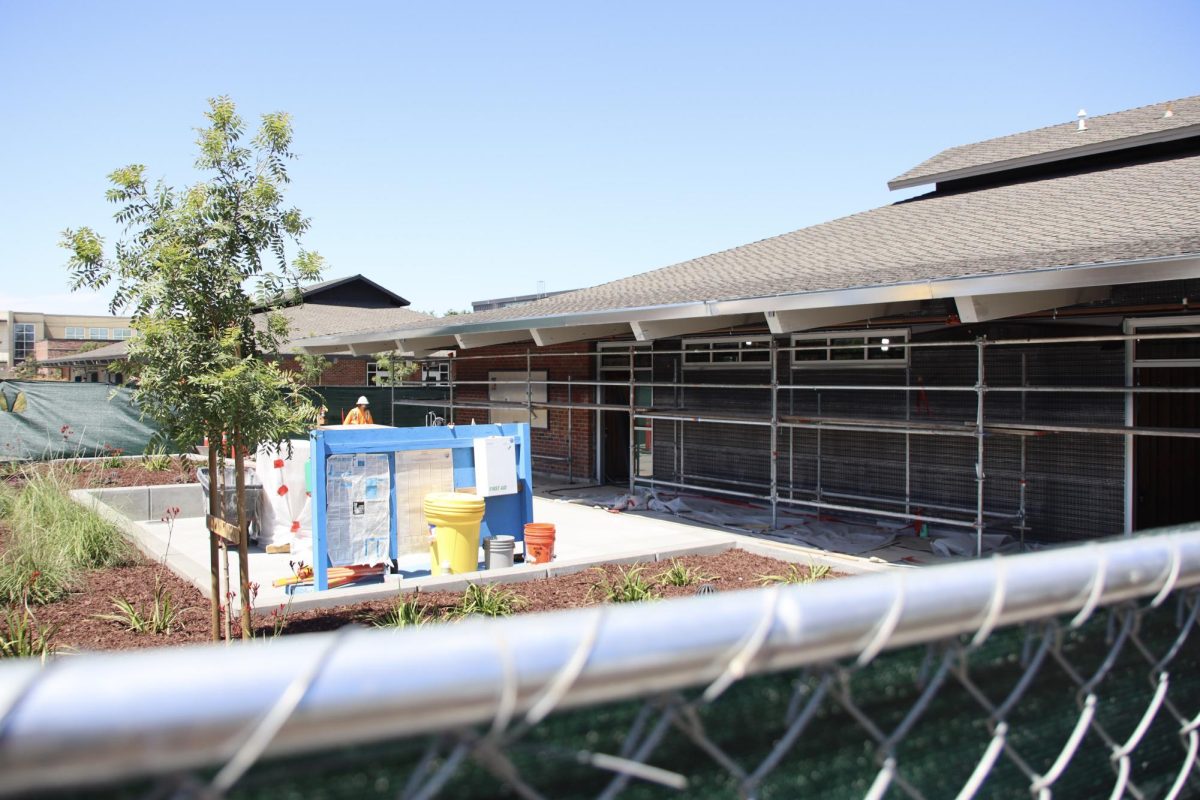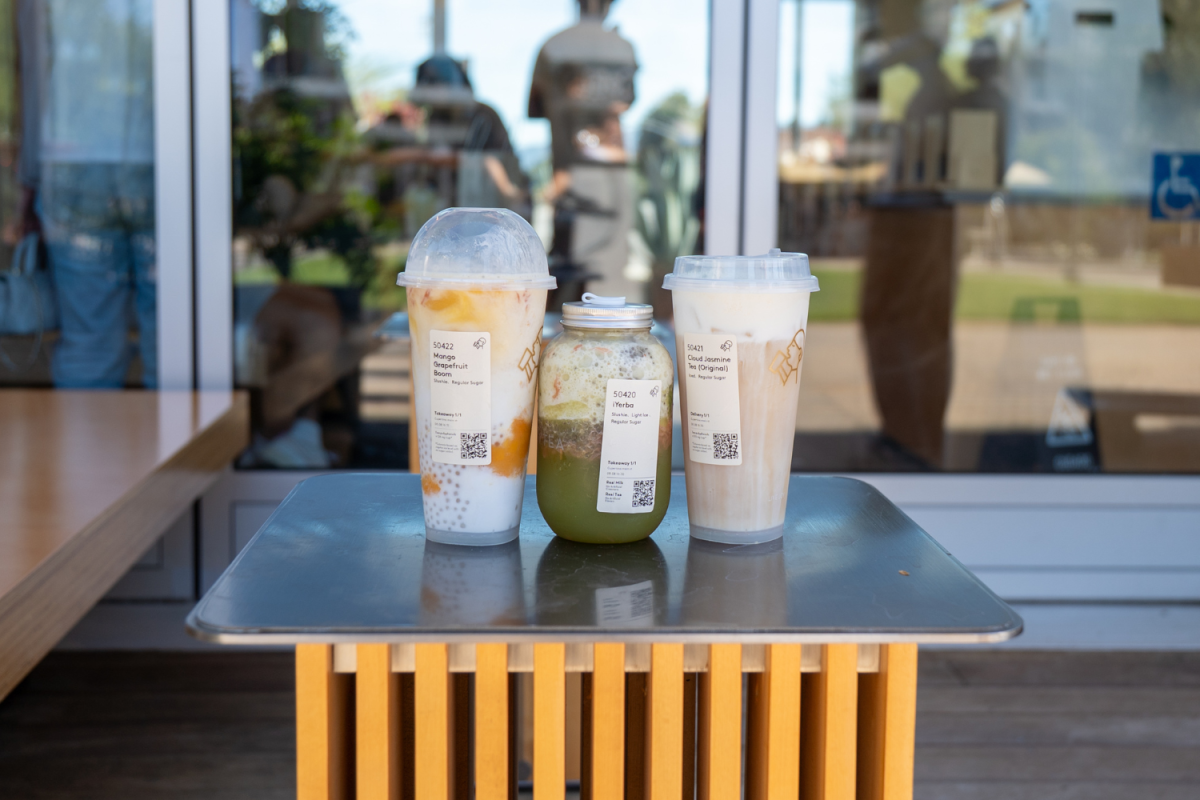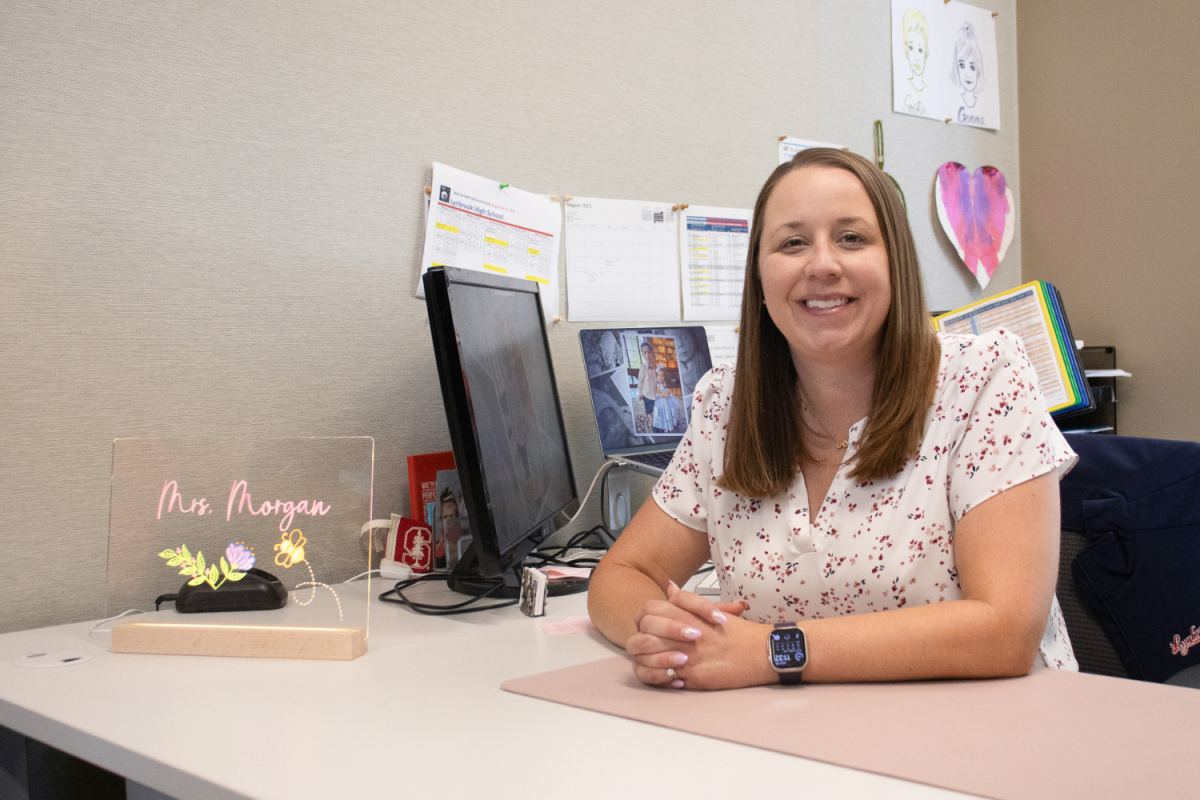In a quiet corner of the Lynbrook library, a group of students lean over a deck of brightly illustrated cards. Instead of kings and queens, they hold mitochondria and chloroplasts. Junior Bryce Mikolajczak watches with a proud grin as his classmates battle through a round of Cell Quest.
Cell Quest, a board game designed by Mikolajczak, turns the world of cells into a multiplayer card battle that is equal parts strategy and science lesson. Beginning as a doodle on a blank piece of paper, the game has grown into a polished, student-led project now heading into presales.
Mikolajczak’s leap into game design didn’t come out of nowhere. Early board game creations included a spin on Clash Royale and an immune system game. One particular strategy-based card game stood out to him: Sabobatage, a game where players gather ingredients, protect their own supplies and play action cards to sabotage other players.
At the same time, Mikolajczak developed a love for biology, even memorizing organelles for fun.
“I’ve always had an interest in making board games,” Mikolajczak said. “I was also really getting into cellular biology. One day I was playing Sabobatage and I could see that you could make collecting all the organelles into a similar game.”
In September 2023, Mikolajczak sketched what would become Cell Quest. Noticing how much faster he remembered information when he was laughing and competing with friends, he blended biology into Cell Quest’s gameplay. Early prototypes were nothing more than handcut paper cards with pencil drawings of organelles..
With interest from friends, teachers and an online audience, Mikolajczak realized that the game needed more than paper sketches. Junior Sophie Wang was recruited after Class of 2025 Lynbrook alumna Sarah Liang graduated. Wang transformed Liang’s doodles into eye-catching cartoon illustrations.
“I took on the role because I thought it would be really fun to make a game with a couple people I knew and also relearn biology while making the art for the game,” Wang said.
Junior Andrew Lin stepped in as vice president of marketing to spread the word even further, posting about different organelles on Instagram and creating a Discord server. Recently, they have started advertising their game at Peninsula Bible Church in Cupertino.
“When Bryce came up to me and pitched his game, I was like, ‘wow, this is a great idea,’ ” Lin said. “It’s educational, it seems fun and there’s a lot of room for improvement in terms of the finances. I’ve also done social media marketing projects for a mental health nonprofit, so I knew I could contribute.”
Mikolajczak invited biology teacher Jason Lee to run test trials in his classroom, while student players provided feedback. The trials helped Mikolajczak identify cards that were too powerful, mechanics that slowed gameplay and concepts that needed clearer connections to real biology.
“I loved how he made each organelle’s action logically fit its real function,” Lee said. “It’s not just memorizing a list; you can see how organelles work with one another as you play. The design, even the handmade box with cutouts for the cards, was so thoughtful.”
Mikolajczak’s mother Everlyn Horng, who sparked his early interest in board games, helped him research small-batch manufacturing and professional printing costs.
“For a high schooler, trying to create something from scratch is really hard,” Horng said. “It’s not like school, where there’s a syllabus — you have to figure things out, try different ideas, get feedback and iterate. Bryce has done an impressive job navigating that process.”
Now, Cell Quest is moving into presales with a goal of 250 early orders to fund large-scale production. Mikolajczak aims to have the first official run ready for delivery early next year. The team has also lined up a manufacturer, Herotime, a connection Mikolajczak made through a board-game specialist.
“Cell Quest has been a very informative learning experience, teaching me not only about game design but also how to talk to people.” Mikolajczak said. “I hope students can gain a greater appreciation for biology and learn a bit about the cell — or at least an impression of what each organelle does.”






























